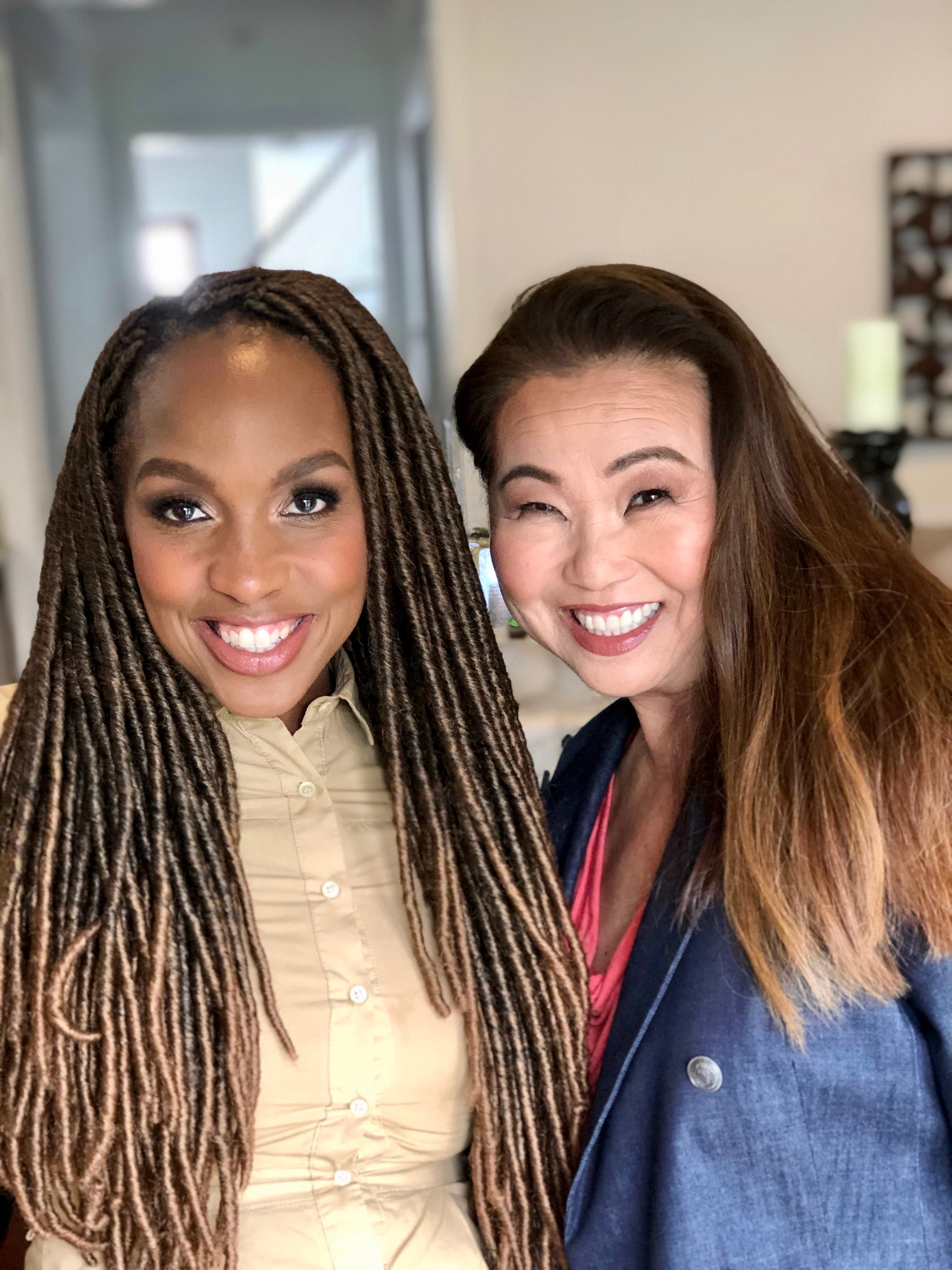There are so many things that enter my head when I think about discrimination, violence, and the oppression of women of color. As Women’s History Month comes to a close, I propose a deeper call to action, one that includes women aligning with women from all backgrounds. Whether it was in the delivery room, the board room, or when I needed heartfelt and compassionate advice, it was a woman who saved me. She reached out with a hand of empathy, or physically put her hand in the middle of my back so I could keep standing.
As you fill up your own cup, and when you know it is genuine and rooted in love, I welcome you to gain a diversity of relationships to deeper and more authentic relationships that are cross-cultural and interdisciplinary within your career and personal lives. The recent despicable acts of hate against the AAPI community have been devastating. But even more devastating is the lack of coverage that points to solutions, and the acceptance of unprovoked attacks against the elderly.
When I heard a fellow Yale alum’s voice on the phone, I knew I needed to do something. Reacting to a letter from my former institution, Yale Divinity, prompted a quick response on Facebook, and before I knew it, we were chatting via phone. I learned from my other clergy friends to listen and exercise the muscle of empathy and not defense.
Over a decade ago I became more intellectually aware of the deeper roots of racism, of the actions that led to systemic reforms and policies geared towards many different communities of color, not just African Americans. But it wasn’t until the latest string of public and horrific attacks aimed at the AAPI community that I decided to start to rethink my own personal approach to the attention given to racist acts of violence against minority groups.
In June of last year, as the country erupted in protest prompted by the murder of George Floyd, I started to feel like the letters of solidarity popularized in the aftermath were forced and agenda based. Instead, I would like for communities of color to expand their desire for change to other communities that have also been disenfranchised.
However, this idealistic view is somewhat problematic. As with anything, it’s a complicated matter.
Over the past year I have scrolled past daily accounts of violence against members of the AAPI community, and every time, I hoped it would go away. As a resident of a predominantly Asian community in California, I did not understand the hate, and I have always vehemently denounced and stood up against hate, abuse, and violence towards AAPI individuals.
But I would be failing to tell the full story if I did not express the complicated history of the relationship between the Asian American community and the black community. For some, it’s complicated, riddled with anger, pain, and a history of local daily discrimination from store owners of beauty supplies, food marts, and nail shops.
I literally have the privilege of living in a melting pot, a place where despite the complicated history, it remains simple for me. As I have very close friends that are a part of the AAPI community, I want them to know they are supported. More importantly, I need to extend what I can, and honest penned call to action.
What is not complicated, however, is the humanity, the love, and the respect that each of us deserves as human beings. The numbers are not complicated either, with thousands of reported cases of violence against the AAPI community, and limited support shown until the Atlanta shootings.

Diversity is about all of us, and about us having to figure out how to walk through this world together.
Jacqueline Woodson
If we have realized nothing else over the past year, it’s that we need each other. The lines are no longer blurred. When someone enters a business with a weapon and systematically murders innocent people, we need each other to survive.
I am speaking out in the hopes of uniting and promoting the benefits of staying both mentally and emotionally well during this time. Using your voice to stand for others, speaking against hate of any kind, and being a bridge for your fellow neighbors, alumni, and friends is not just reserved for people that look like you, it’s a basic human right.
Do you have friends, real friends in the AAPI community? Have you expanded your cultural lens, dug deeper in your emotional suitcase, and extended yourself to another woman in the AAPI community? If not, this is not a shame post—rather, an opportunity to do things differently.


